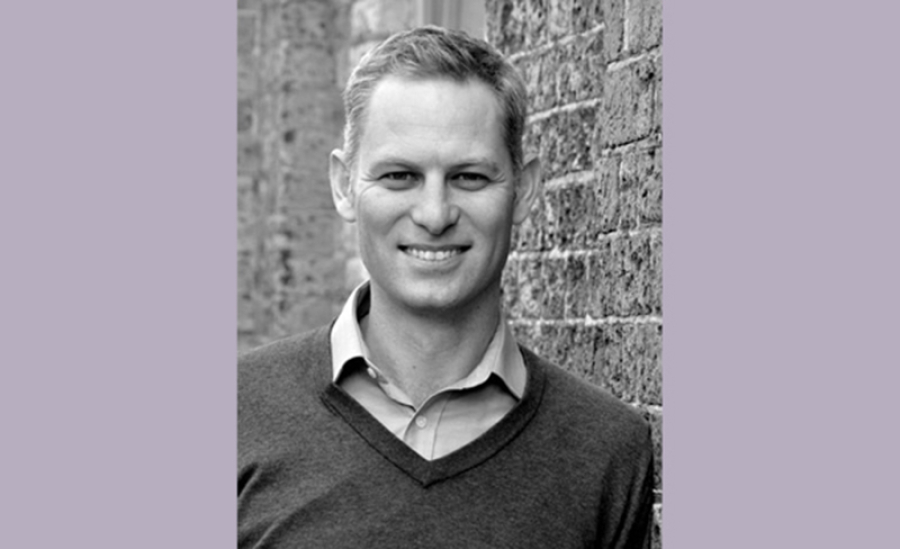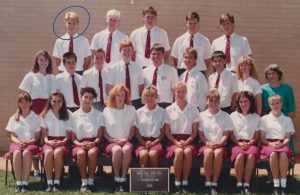H for History
H4H #5 – Founder of Clarity Pharmaceuticals, Matt Harris (1989)
Matt Harris is a collegian searching for a cure for cancer. He asks us to imagine: Opening a two-metre-thick concrete door to a bunker in the hills of Idaho, United States, to see a linear accelerator (big metal machine with lots of electrics) which is powered by some extreme physics. This machine makes a product that, when combined with some awesome Australian-derived chemistry, becomes a drug that we are trying to use to ‘cure’ cancer.

One of our more mature collegians – he graduated in 1989 – Matt is man of seemingly endless energy and vitality who mixes ‘science and business as the CEO of Clarity Pharmaceuticals, a company I founded in 2010’. He has a ‘beautiful wife and three awesome kids’, has started
five companies, completed four degrees (biochemistry, pharmaceutical research, an MBA and a PHD in cancer research), and has raised somewhere close to $20 million towards developing new medicines to combat cancer, particularly amongst young people. ‘It is a heart-breaking situation,’ he explains, ‘but drives a passion to help sick kids from all of us involved.’

It all perhaps initially seems a far cry from the young man I saw about the school in his senior years. Matt fondly remembers basketball with Mr Boyd Gibson but is quick to admonish the school for not maintaining an AFL team! Yet it was studying science that was evidently his passion and, unsurprisingly, he pays his respects to teachers like Eunice Joliffe and Peter Hanisch (‘who taught us how to think while keeping the subject creative and fun’). He commends these staff particularly because ‘they encouraged and nurtured my interest in science even though I wasn’t an A+ student’.
He certainly became one.
Matt stresses he has not become a ‘hermit scientist’ and appears to be invigorated by creating jobs for people; communicating his work and vision with peers, stakeholders and generous-hearted people/companies looking towards philanthropic donations to the cause; and is cognisant of the beneficiaries of his research, a cohort that can include children as young as two. When speaking of his projects, he stated that ‘if one of them makes it and helps a sick person, I can retire … with a smile’.
It is no small wonder he pushes our current students to make the most of their opportunities, highlighting that many will also occur post-school: ‘What sets you apart from the rest is everything else around you. Your experiences, friends, family, an open mind, considered risk taking and confidence.’ He offers the sage advice: ‘Chasing promotions and positions for money alone is a distraction to finding the job you enjoy the most … Follow your passion, not the salary. The money will come if you are good at something. You won’t be good at something you find boring.’
